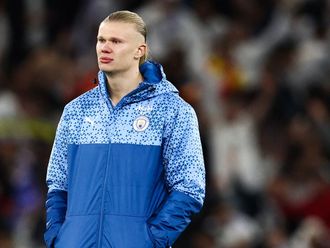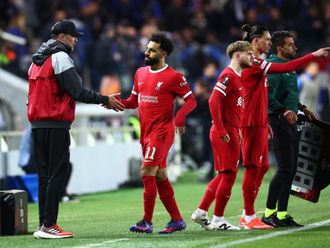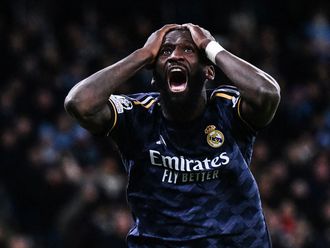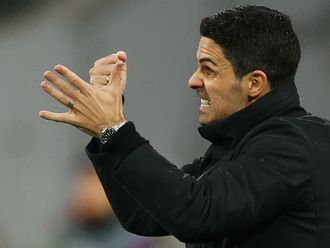Tiredness due to the lack of a winter-break, or a dearth of home grown talent thanks to the influx of foreigners in the Premier League; England can no longer use either of these biennial excuses to reason yet another poor performance at a major tournament, after they lost 2-1 to Iceland in the Last 16 at Euro 2016.
Wales’ historic run to the semi-finals has permanently blown both of these excuses out of the park. And the further the Dragons go, the more it embarrasses their supposedly more accomplished neighbours.
Like the Three Lions side, the majority of Wales’ 23-man Euro squad also plays in the Premier League, 12 to be exact with nine in the Championship, and a further one each playing in Scotland and Spain.
Admittedly, with the exception of Gareth Bale, few of Wales’ players would have been exposed to the exertions of Uefa Champions League or Europa League runs, like most of the England players were. But all have come off the back of cramped schedules devoid of a winter break nonetheless. And all have had to fight their way into their club sides despite mounting competition from overseas players.
There may be an ounce of truth to these arguments if you’re picking apart the finer margins in a wider look at why countries like Germany and Spain succeed and England fail.
But they can no longer be used as liberally to excuse England not going further in tournaments. They should at least be reaching semi-finals if Wales can. And if Iceland, a nation of 330,000, only 100 of whom are professional footballers, can beat England, then England’s complaint of not having enough players — a nation of 50 million, with approximately 4,000 professionals — is redundant.
What’s really missing and what England must finally admit, is that they lack mentality and a game plan. They may want success, but they simply don’t need it as much as their Welsh or Icelandic counterparts, many of whom — with the exception of Bale and Aaron Ramsey — are solely living for this moment to further their careers in fringe top flight or lower league football.
For England players, spoilt by the riches of the higher echelons of the Premier League and mollycoddled through the academy process — not the university of lower league boot cleaning like the majority of Wales and Iceland players — their shot at glory will keep coming, and their affluent lifestyle will continue whatever the result.
Marry this subconscious complacency with a lack of spirit, camaraderie or connection with their coach, or even an understanding of national identity and the ability to relate with their fans; and throw in unrealistic expectations and horrendous tactical organisation, and you get England, a team of individuals not a team.
Wales and Iceland are the exact opposite, humble, hard-working, spirited and organised, and they should be used as case studies in England’s rebuild.












